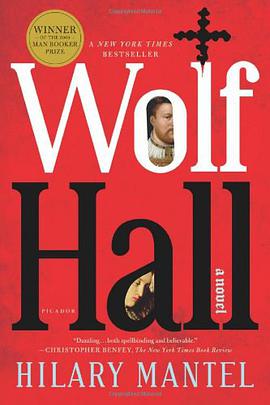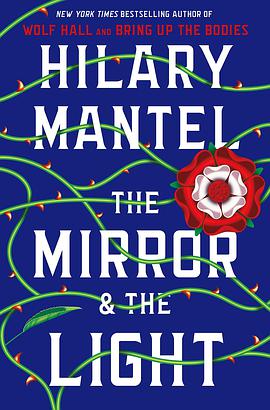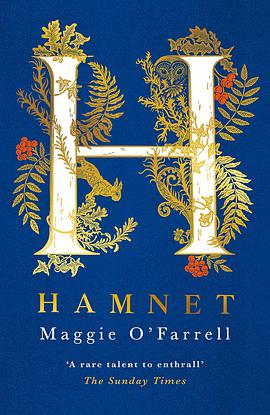Wolf Hall 豆瓣
8.4 (9 个评分)
作者:
Hilary Mantel
Henry Holt & Company
2009
- 10
Winner of the Man Booker Prize 2009 'Lock Cromwell in a deep dungeon in the morning,' says Thomas More, 'and when you come back that night he'll be sitting on a plush cushion eating larks' tongues, and all the gaolers will owe him money.' England, the 1520s. Henry VIII is on the throne, but has no heir. Cardinal Wolsey is his chief advisor, charged with securing the divorce the pope refuses to grant. Into this atmosphere of distrust and need comes Thomas Cromwell, first as Wolsey's clerk, and later his successor. Cromwell is a wholly original man: the son of a brutal blacksmith, a political genius, a briber, a charmer, a bully, a man with a delicate and deadly expertise in manipulating people and events. Ruthless in pursuit of his own interests, he is as ambitious in his wider politics as he is for himself. His reforming agenda is carried out in the grip of a self-interested parliament and a king who fluctuates between romantic passions and murderous rages. From one of our finest living writers, 'Wolf Hall' is that very rare thing: a truly great English novel, one that explores the intersection of individual psychology and wider politics. With a vast array of characters, and richly overflowing with incident, it peels back history to show us Tudor England as a half-made society, moulding itself with great passion, suffering and courage.


